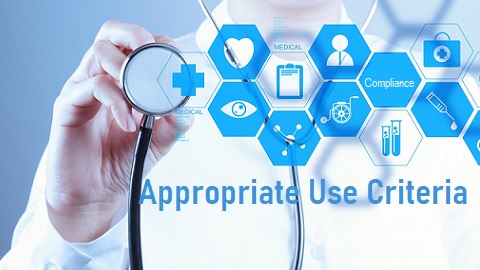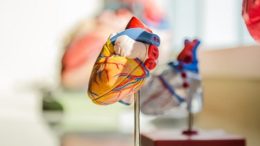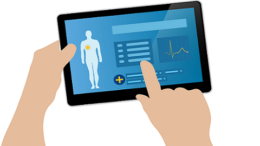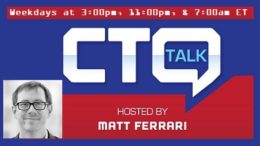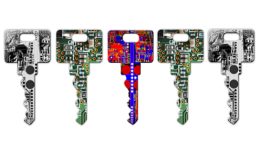Appropriate Use Criteria Preparedness – Considerations Beyond Technical Setup
By Doreen DeGroff – January 2021 is rapidly approaching for hospitals and providers to meet the Appropriate Use Criteria (AUC) program deadline yet many organizations are reporting that the AUC implementation is proving to be more complex than…
Read More
